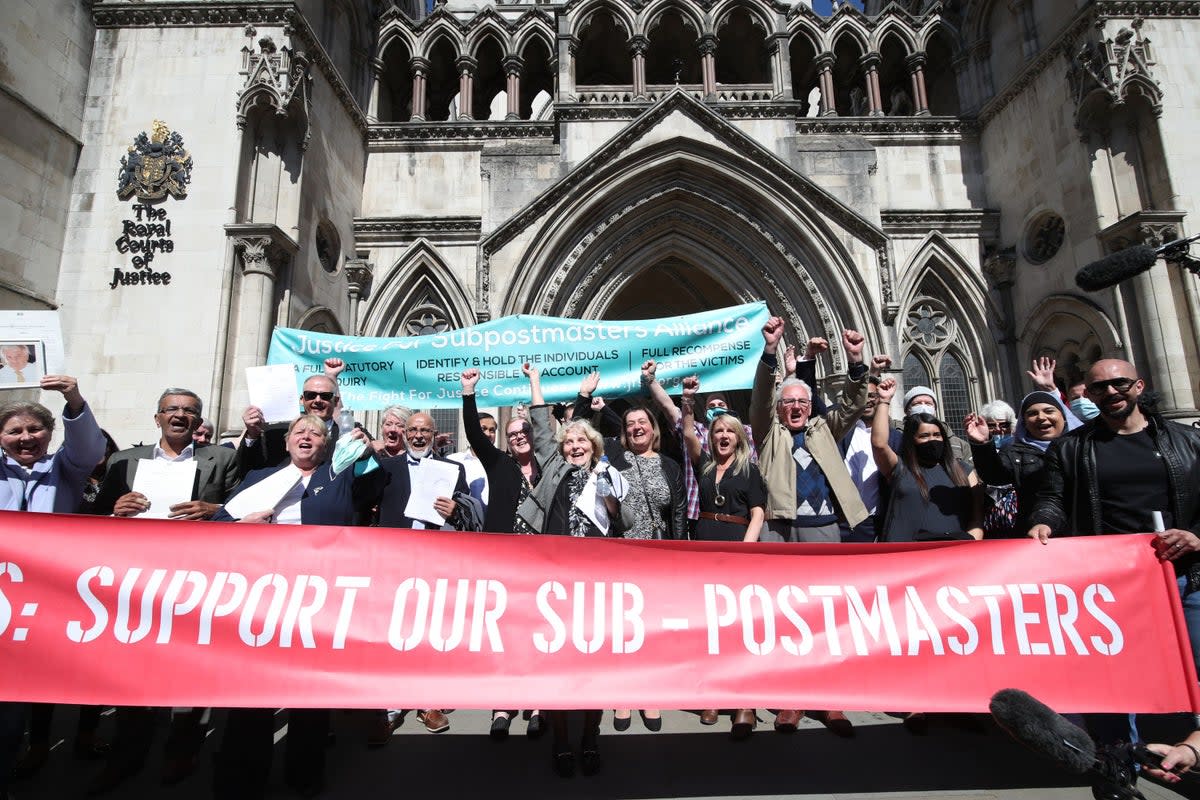Who owns Fujitsu? Post Office IT firm reports £22m UK profits

Fujitsu is the company behind the Horizon, the faulty IT system used by the Post Office, which led to scores of sub-postmasters being wrongly convicted of fraud.
Accounts posted to Companies House this week showed that Fujitsu Services Ltd, based in the UK, made pre-tax profits of £22m in 2022, and generated £1.3bn in revenues, as first reported by the Guardian.
Its three directors shared pay of £2.3m, of which £1.3m was paid to one unnamed executive.
Separate accounts for Fujitsu’s European holding company, which includes operations in Scandinavia and the Middle East, indicated that its directors were also paid bonuses.
Two Fujitsu Services Holdings plc directors received share-based payouts as part of a “long-term incentive scheme”, a form of bonus that rewards executives for performance, typically over several years.
More than 700 Post Office managers were wrongly given criminal convictions after faulty Fujitsu accounting software within Horizon made it appear as though money was missing from their branches.
Who owns Fujitsu?
Japanese company Fujitsu is listed on the Tokyo and Nagoya stock exchanges.
Its chief executive is Takahito Tokita, who joined the company in 1988. He and a group of 49 executives are looking over the operations of the company.
Ministers have suggested the company should pay at least some of the compensation awarded to the affected sub-postmasters, while others have called for Fujitsu to have its existing government contracts cancelled or paused in light of the Horizon failures.
Rishi Sunak's official spokesman said on ITV News: "The culpability or otherwise of Fujitsu is something that is being examined as part of the independent inquiry process. So I'm unable to fully opine at this point."
He also said: “In general, we consider companies’ conduct as part of the formal procurement process. So once the full facts have been established by the inquiry, we will make further judgments but it’s important we allow that process to take place.”

